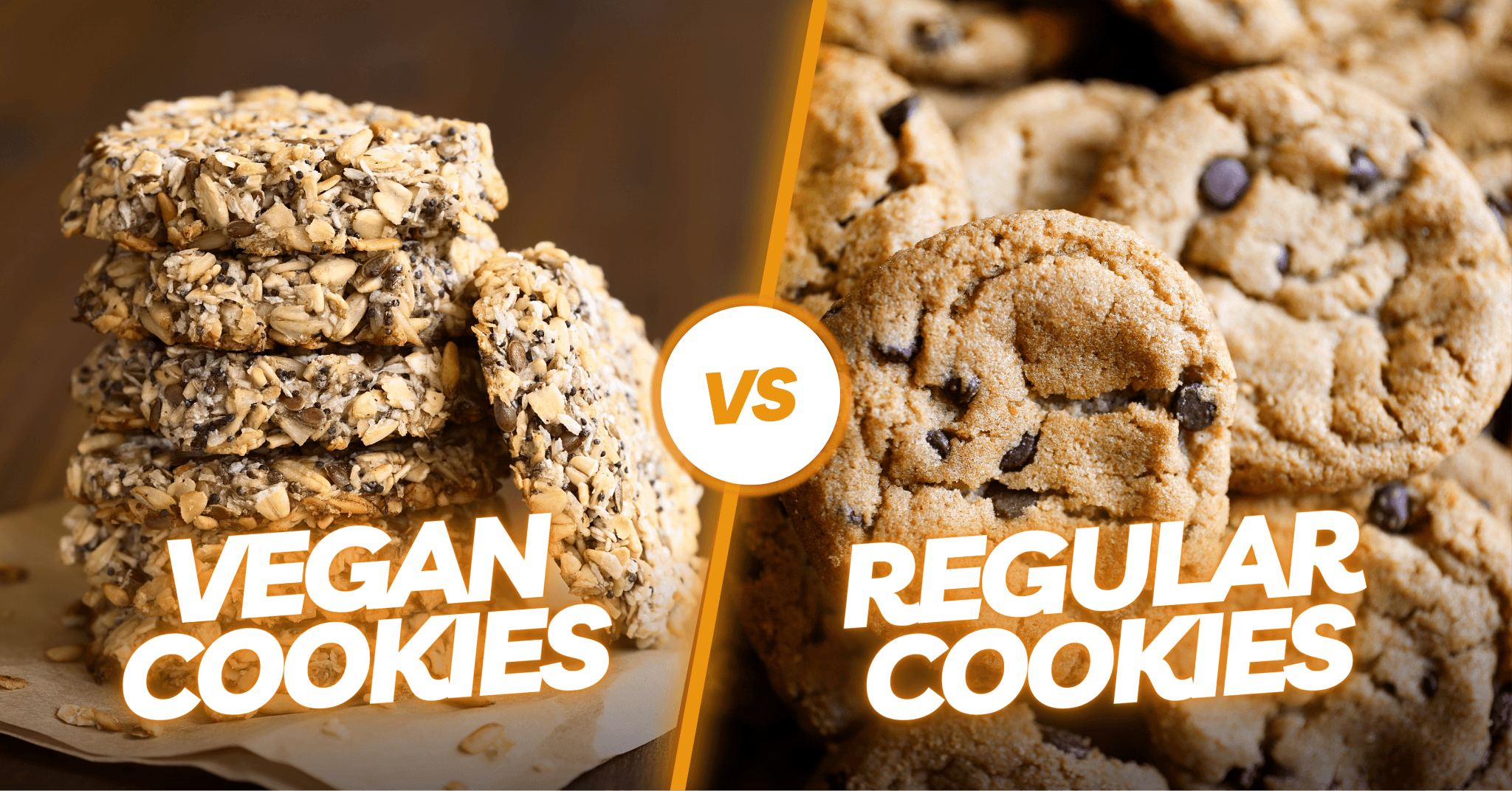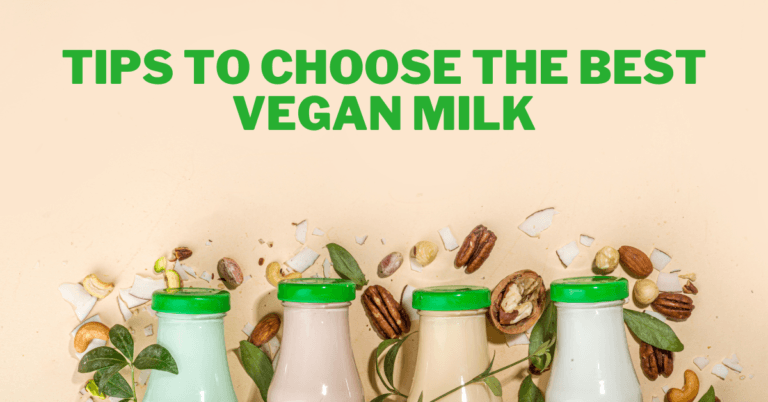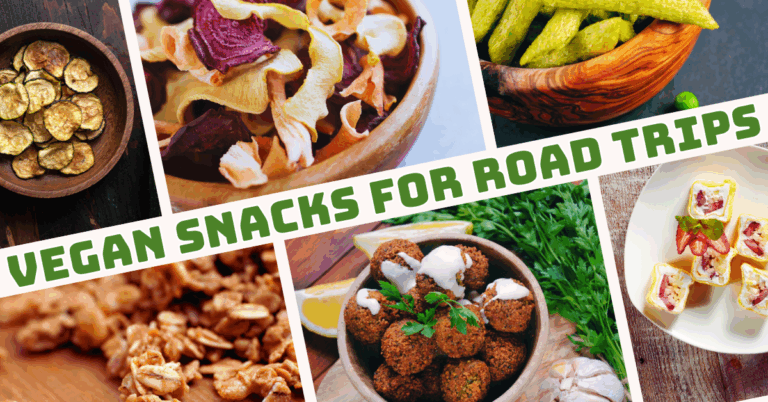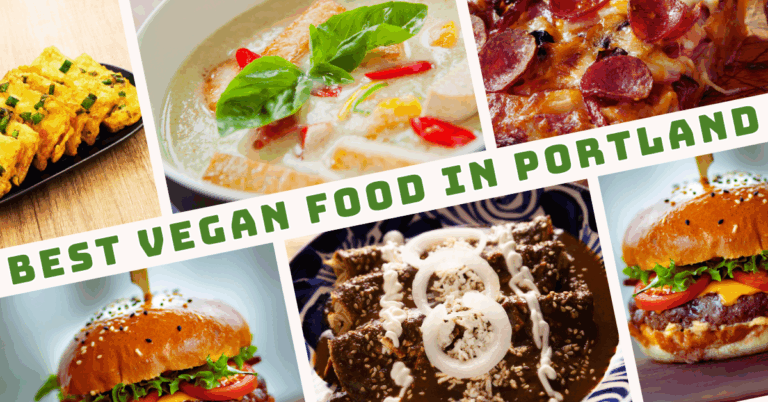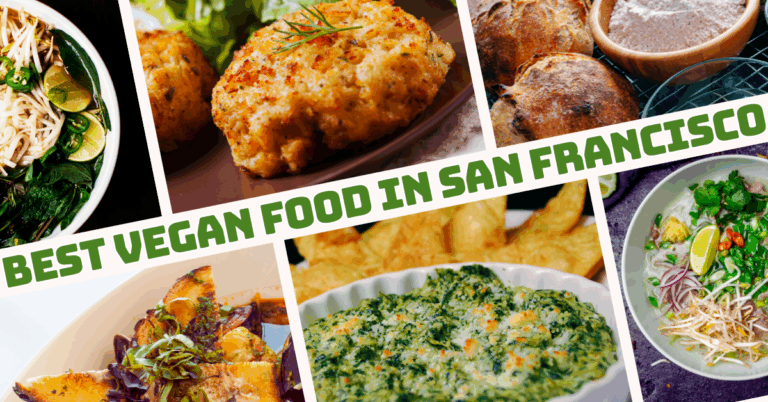Vegan Cookies vs Regular Cookies
Vegan Cookies vs Regular Cookies
Step into the world of irresistible treats as we delve into the delicious showdown between Vegan Cookies and their traditional counterparts.
The enticing aroma of freshly baked cookies can transport us to moments of comfort and delight.
However, the age-old debate of vegan versus regular cookies introduces a fascinating dynamic to this beloved indulgence.
Our journey through the delicious realm of Vegan Cookies vs Regular Cookies will satisfy both your sweet tooth and your curiosity. Let the tasting adventure begin!
This article will explore the delectable nuances that distinguish these two cookie worlds. From the classic ingredients of butter and eggs to the innovative use of plant-based alternatives, each bite promises a unique experience.
Beyond taste, we'll delve into the textures, flavours, and ethical considerations accompanying the choice between traditional and vegan cookies.
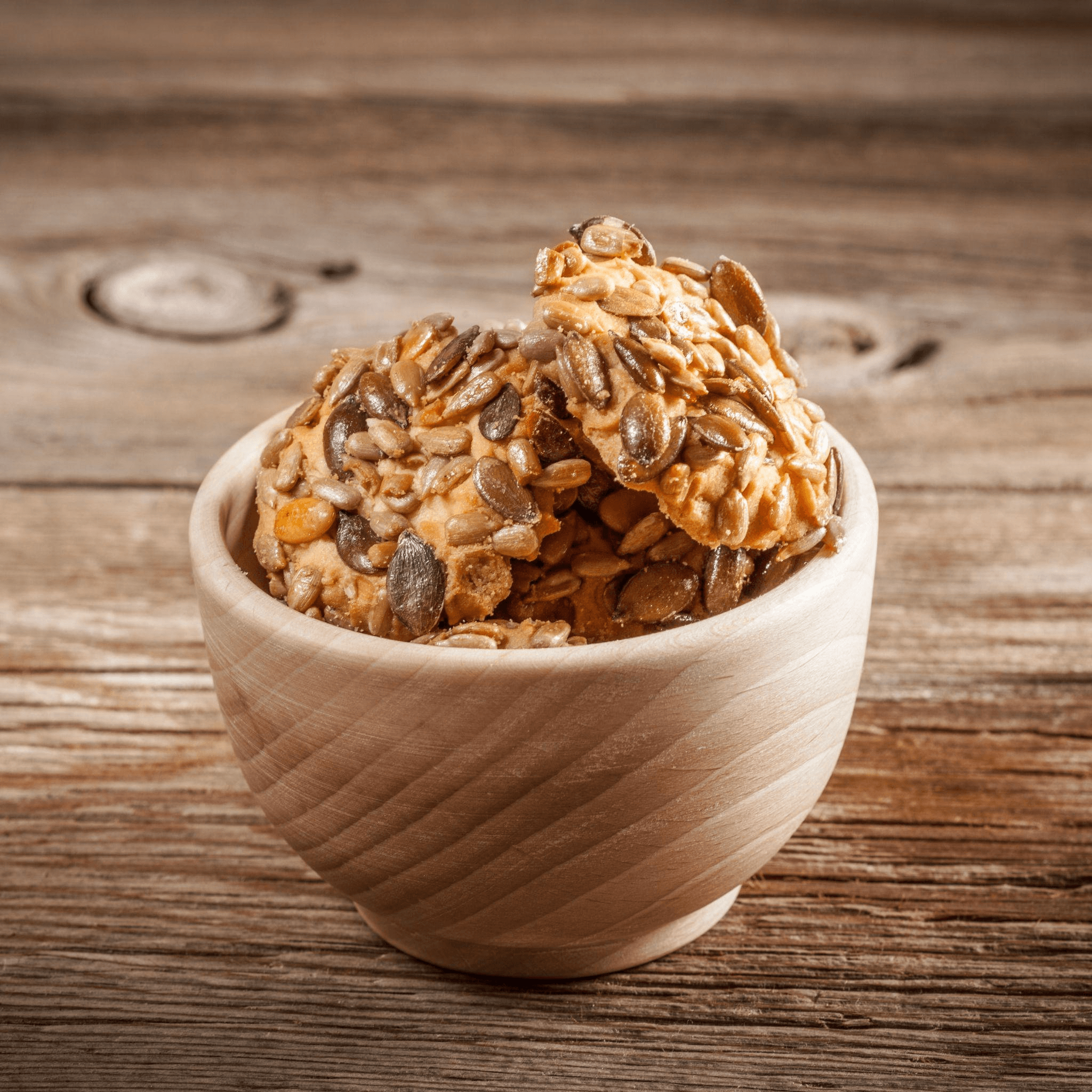
What Are Vegan Cookies
Vegan cookies are delightful treats crafted without any animal-derived ingredients, aligning with the principles of a plant-based diet.
Instead of traditional elements like butter, eggs, and dairy, vegan cookies employ creative substitutions, often relying on coconut oil, nut butter, flaxseeds, and plant-based milk.
These alternatives cater to individuals following a vegan lifestyle and appeal to those seeking cruelty-free, sustainable, and environmentally conscious culinary choices.
The absence of animal products in vegan cookies does not compromise their decadence or flavour.
These plant-powered delights showcase the versatility of plant-based ingredients, offering a diverse array of textures and tastes.
From classic chocolate chips to innovative flavours like almond butter and quinoa, vegan cookies celebrate the rich tapestry of natural flavours.
Beyond personal dietary choices, vegan cookies contribute to a broader conversation about ethical consumption and environmental impact.
By embracing these plant-based alternatives, individuals are savouring delicious treats and making mindful choices that resonate with compassion for animals and a commitment to a more sustainable and eco-friendly future.

What Are Regular Cookies
Regular cookies, also known as traditional cookies, embody the classic and time-honoured approach to baking sweet delights.
These cookies adhere to traditional recipes that typically include staple ingredients such as butter, eggs, sugar, and flour.
The indulgent use of butter contributes to the characteristic-rich and moist texture, while eggs serve as a binding agent, providing structure and moisture to the dough.
Dairy products, such as milk and cream, further enhance the flavour and contribute to the tender crumb of these cookies.
Regular cookies come in extensive flavours and varieties, from the beloved chocolate chip to oatmeal raisin, peanut butter, and beyond.
They hold a cherished place in culinary traditions, often associated with feelings of nostalgia and comfort.
Using animal-derived ingredients gives regular cookies a distinctive taste and texture, catering to a broad spectrum of palates.
While cherished for their timeless appeal, regular cookies may not align with dietary preferences such as veganism or lactose intolerance.
The choice between regular and alternative cookies reflects individual taste preferences, cultural influences, and evolving considerations of health, ethics, and environmental impact in modern baking.

Health Benefits Of Vegan Cookies
The former stands out for its health-conscious approach, comparing vegan and regular cookies, providing a flavourful and nutrient-rich alternative to traditional indulgence. Here are some advantages of indulging in vegan cookies:
1. Lower In Saturated Fat
Vegan cookies, opting for plant-based fats like coconut oil or avocado instead of butter, boast lower saturated fat content.
This dietary choice aligns with heart health goals by promoting reduced cholesterol levels.
Saturated fats, primarily found in animal products, can contribute to elevated cholesterol, a risk factor for heart disease.
2. Reduced Cholesterol
Vegan cookies, free from cholesterol-rich ingredients like eggs, present a heart-healthy alternative.
The absence of dietary cholesterol contributes to maintaining optimal cholesterol levels, a key factor in cardiovascular well-being.
Unlike traditional cookies that may contain eggs, vegan variations prioritize plant-based ingredients, promoting a dietary choice aligned with heart health.
3. Increased Fibre Content
Vegan cookies, often crafted with whole-grain flour and fibre-rich ingredients, enhance digestive health and sustain energy release.
Whole grains, such as oats or whole wheat flour, provide a good source of dietary fiber. This fiber supports digestive regularity and helps maintain steady blood sugar levels, offering a longer-lasting energy source.
4. Nutrient-Rich Ingredients
Vegan cookies are nutrient-rich, incorporating ingredients like nuts, seeds, and plant-based milk.
These additions provide a wealth of essential nutrients, including omega-3 fatty acids crucial for heart health and vitamins and minerals.
Nuts and seeds contribute protein, healthy fats, and micronutrients, enhancing the nutritional profile of vegan cookies.
5. Potential Weight Management
Incorporating plant-based ingredients in vegan cookies can contribute to potential weight management, as these ingredients typically have lower calorie content than their animal-based counterparts.
Plant-based fats, such as those from nuts or avocados, often offer a lighter alternative to traditional sources like butter.
6. Blood Sugar Regulation
Vegan cookies, with a potentially lower glycemic index, contribute to steady blood sugar levels, offering benefits for those mindful of blood sugar regulation.
The choice of ingredients in vegan recipes, such as whole grains and plant-based sweeteners, can result in slower digestion and absorption, preventing rapid spikes in blood sugar.
7. Allergen-Friendly
Vegan cookies are allergen-friendly by eliminating common culprits like dairy and eggs. This exclusion makes them a safe and suitable option for individuals with allergies or intolerances to these ingredients.
As a plant-based alternative, vegan cookies offer a flavorful treat without compromising taste or texture, providing a welcoming option for those with dietary restrictions.
8. Antioxidant Properties
Vegan cookies stand out for their antioxidant-rich ingredients, such as nuts, seeds, and dark chocolate.
These components contribute to combatting oxidative stress and inflammation in the body. Nuts and seeds, abundant in healthy fats and vitamins, have antioxidant properties supporting overall health. Dark chocolate, with its flavonoids, further enhances the antioxidant profile.
While enjoying vegan cookies, it's essential to consider the overall balance of ingredients and indulge in moderation for optimal health benefits.

Health Benefits Of Regular Cookies
While regular cookies may be a delightful treat, it's important to note that they typically contain ingredients that may not align with certain dietary preferences or health goals, highlighting the ongoing debate surrounding vegan cookies vs regular cookies. Here are some aspects to consider:
1. Taste And Tradition
Regular cookies play a pivotal role in culinary traditions and personal preferences with their time-honoured recipes and familiar ingredients.
The nostalgic and indulgent taste they deliver is deeply rooted in cultural practices and individual memories.
The enduring appeal lies in the joy derived from their familiar taste, making them a staple in countless households and celebrations worldwide.
2. Texture And Mouthfeel
The texture and mouthfeel of traditional cookies are intricately crafted by including ingredients like butter and eggs.
These elements contribute to a luxurious and satisfying experience, creating a delicate balance of crispiness, softness, and chewiness. Using butter lends a rich and indulgent quality, while eggs create a tender and moist texture.
3. Diverse Flavours And Varieties
Regular cookies offer a delectable journey through diverse flavours and varieties, ensuring a delightful option for every taste preference.
From the timeless allure of classic chocolate chip to the indulgent richness of double chocolate or the comforting sweetness of oatmeal raisin, these variations cater to a broad spectrum of tastes.
This diversity reflects the creativity in cookie-making and allows individuals to choose cookies that align with their flavour preferences, making the world of regular cookies a deliciously versatile landscape.
4. Convenience And Accessibility
Regular cookies offer accessibility and convenience, readily available for both purchase and baking.
Their widespread availability makes them a quick and familiar choice for those seeking a sweet indulgence.
This convenience factor, combined with the universal appeal of these treats, solidifies regular cookies as a go-to option for satisfying sweet cravings in a simple and accessible manner.
In the debate between vegan and regular cookies, the latter, steeped in tradition and cultural significance, adds a distinct and cherished dimension to sweet indulgences despite differing dietary considerations.

Side Effects Of Vegan Cookies
While vegan cookies are generally considered a healthier alternative, it's essential to be mindful of potential side effects, especially when consumed in excess or if certain ingredients don't align with individual dietary needs. Here are some considerations:
1. High Sugar Content
The high sugar content in some vegan cookies that enhance flavour can pose health risks.
Consuming excess sugar may contribute to weight gain, promote tooth decay, and increase the risk of metabolic conditions.
It's crucial to be mindful of sugar intake, opting for cookies with reduced sugar levels or considering natural sweeteners. Maintaining a balance in sweet treats ensures enjoyment without compromising overall health.
2. Processed Ingredients
Certain vegan cookies may incorporate processed ingredients to improve taste and texture.
Regularly consuming highly processed foods raises concerns about additives and preservatives, potentially impacting long-term health.
Individuals can opt for homemade or minimally processed vegan cookie options to make healthier choices, ensuring a balance between enjoying treats and prioritizing overall well-being.
Reading ingredient labels attentively and choosing products with recognizable, whole-food components can contribute to a more wholesome and satisfying indulgence.
3. Allergies And Sensitivities
Vegan cookies, despite being plant-based, may still contain common allergens such as nuts, soy, or gluten.
Individuals with specific allergies or sensitivities must diligently scrutinize ingredient labels. Consuming cookies with allergens can lead to adverse reactions, ranging from mild discomfort to severe health issues.
Maintaining awareness of personal dietary restrictions and choosing vegan cookies tailored to individual needs ensures a safe and enjoyable snacking experience without compromising health or well-being.
4. Caloric Intake
Despite being typically lower in calories, the importance of portion control with vegan cookies cannot be overstated.
Excessive consumption may lead to an imbalance in caloric intake, potentially affecting weight management.
Savouring vegan treats in moderation is essential, considering overall dietary habits and physical activity levels.
Balancing indulgence with mindful eating ensures that the enjoyment of vegan cookies aligns with individual health goals and contributes to an overall well-rounded and sustainable approach to nutrition.
5. Nutrient Deficiency
Vegan cookies, depending on their ingredients, may lack certain nutrients present in traditional cookies, such as protein or specific vitamins.
While they offer a range of benefits, it's crucial to maintain a well-rounded diet to ensure comprehensive nutrition.
Individuals embracing a vegan lifestyle should incorporate diverse plant-based foods to meet their nutritional needs.
This balanced approach supports overall health and well-being, addressing potential nutrient gaps arising from exclusive reliance on vegan treats like cookies.
6. Dental Health
Similar to traditional cookies, vegan counterparts can pose risks to dental health due to their sugar content.
Even from plant-based sources, excessive sugar consumption can contribute to dental issues such as cavities and tooth decay.
Maintaining good oral hygiene practices, including regular dental check-ups, brushing, and flossing, is crucial for mitigating these potential risks.
Individuals enjoying vegan cookies should be mindful of sugar intake and prioritize dental care to balance indulgence and optimal oral health.
It's important to enjoy vegan cookies as part of a balanced diet and be aware of individual dietary needs and sensitivities.
Moderation is key to reaping the benefits of plant-based alternatives while minimizing potential side effects. Always consult with a healthcare professional or nutritionist for personalized advice.
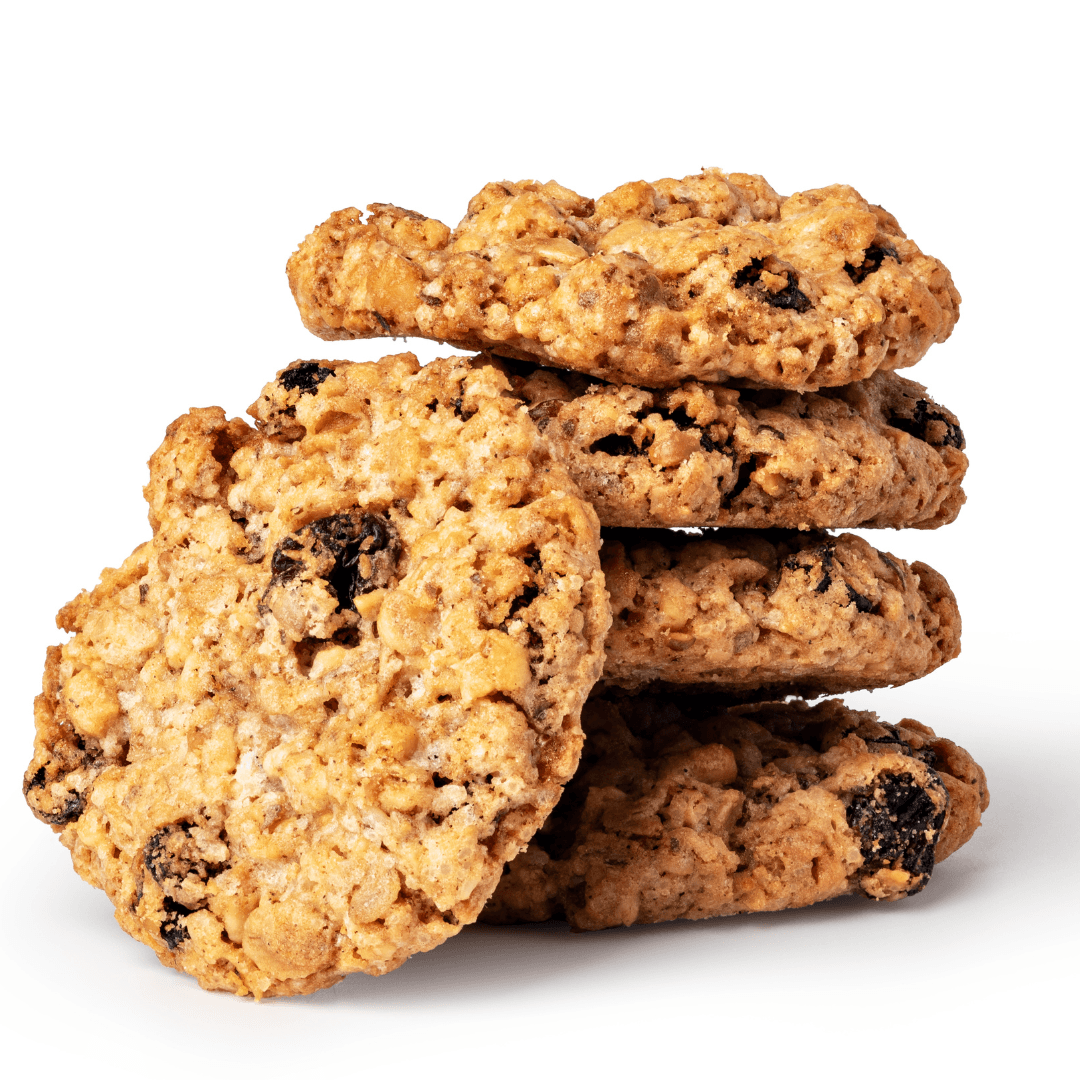
Side Effects Of Regular Cookies
When comparing vegan cookies vs regular cookies, it's essential to consider that while tempting to the taste buds, regular cookies may have potential side effects linked to their ingredients and nutritional profile. Here are some side effects of regular cookies:
1. High In Added Sugar
The high added sugar content in regular cookies poses several health risks. Excessive sugar intake is linked to increased calorie consumption, promoting weight gain and contributing to the development of conditions like diabetes.
Moreover, the sugar content creates an environment conducive to tooth decay. Consuming cookies with high added sugar levels should be done in moderation to mitigate these health concerns, emphasizing the importance of a balanced and mindful approach to sweet treats.
2. Rich In Saturated Fats
Regular cookies often derive rich taste and texture from ingredients like butter, contributing to their saturated fat content.
While these fats enhance flavour, excess consumption can lead to elevated cholesterol levels and cardiovascular risk.
Balancing the intake of traditional cookies with a heart-healthy diet is crucial to managing the potential impact of saturated fats on overall health.
3. Refined Flour Content
Regular cookies often rely on refined flour, lacking the nutritional benefits found in whole grains.
The absence of fiber in refined flour can result in rapid spikes in blood sugar levels, leading to short-lived energy bursts and subsequent crashes.
This impact on blood sugar regulation can affect overall energy levels and may contribute to feelings of fatigue.
4. Processed Additives
Regular cookies, particularly those commercially produced, often incorporate additives, preservatives, and artificial flavours to enhance taste and extend shelf life.
While these additives contribute to the cookies' palatability and convenience, they may pose concerns for individuals with allergies or sensitivities.
5. Caloric Density
With their combination of high sugar and fat content, regular cookies often exhibit caloric density, meaning they pack many calories in a small serving.
This caloric density can contribute to an imbalance in daily caloric intake if consumed excessively.
Managing portion sizes and incorporating regular physical activity are essential considerations for individuals seeking to enjoy traditional cookies while maintaining a balanced and healthy diet.
6. Low Nutrient Density
Traditional cookies, often made with refined flour and lacking in nutrient-rich ingredients, exhibit low nutrient density.
This means they provide calories without a significant amount of essential nutrients like vitamins, minerals, and fiber.
Relying on such foods for sustenance may contribute to nutrient deficiencies if they form a substantial part of one's diet.
To maintain overall health, it's crucial to balance the consumption of traditional cookies with a varied and nutrient-rich diet.
7. Impact On Blood Sugar Levels
The combination of refined sugars and simple carbohydrates in cookies, especially those made with processed flour, can result in rapid spikes and subsequent crashes in blood sugar levels.
This rollercoaster effect may lead to fluctuations in energy levels and mood, contributing to fatigue, irritability, and cravings for more sugary snacks.
Monitoring and managing blood sugar levels are crucial for overall health and well-being, emphasizing the importance of moderation when indulging in traditional cookies.
Understanding these side effects allows individuals to make conscious choices about their cookie consumption, balancing indulgence with overall health and well-being.
Moderation and consideration of ingredients contribute to a more mindful approach to enjoying traditional cookies as occasional treats.
Conclusion
In conclusion, In the discourse of vegan cookies vs regular cookies, the conclusion emphasizes that the choice is a personal one, influenced by individual values, health goals, and taste preferences, stressing the importance of moderation in savouring these treats.
Ultimately, the choice between vegan and regular cookies is personal, shaped by individual values, health objectives, and taste preferences. Moderation is key in enjoying the delightful experience of savouring these treats.
The evolving landscape of food choices allows for a harmonious coexistence of both types of cookies, enabling individuals to align their culinary pleasures with their unique lifestyle and well-being goals.
Whether seeking a plant-based, eco-conscious option or relishing the classic allure of traditional cookies, one can navigate this delightful debate while savouring the richness and diversity each choice brings to the world of sweet indulgences.
I trust you enjoyed reading the article about Vegan Cookies vs Regular Cookies. Please stay tuned. There are more blog posts to come very shortly.
JeannetteZ
>>>Please click here to read my Vegan Travel Guides To World Destinations<<<
>>>Want To Learn How To Create Delicious, Cruelty-Free, Healthy AND 100% Vegan Meals? Try These Awesome Vegan Cooking Courses With A Free 7-DAY MEMBERSHIP<<<
Your Opinion Is Important To Me
Ideas? Thoughts? Questions? I would love to hear from you. Please leave me your questions, experiences, and remarks about Vegan Cookies vs Regular Cookies in the comments section below. You can also reach me by email at Jeannette@LivingTheVeganLifestyle.org.
>>>Please click here to read on PETA why we should be vegans<<<
Disclosure
This post may contain affiliate links. I earn from qualifying purchases as an Amazon Associate and other affiliate programs. Please read my full disclosure.
Here are some links to some of my favourite articles:
The 9 Worst Countries For Vegetarians Worldwide
A Vegan vs A Plant-Based Diet – What's The Difference?
Countries With The Highest Rates Of Vegetarianism

